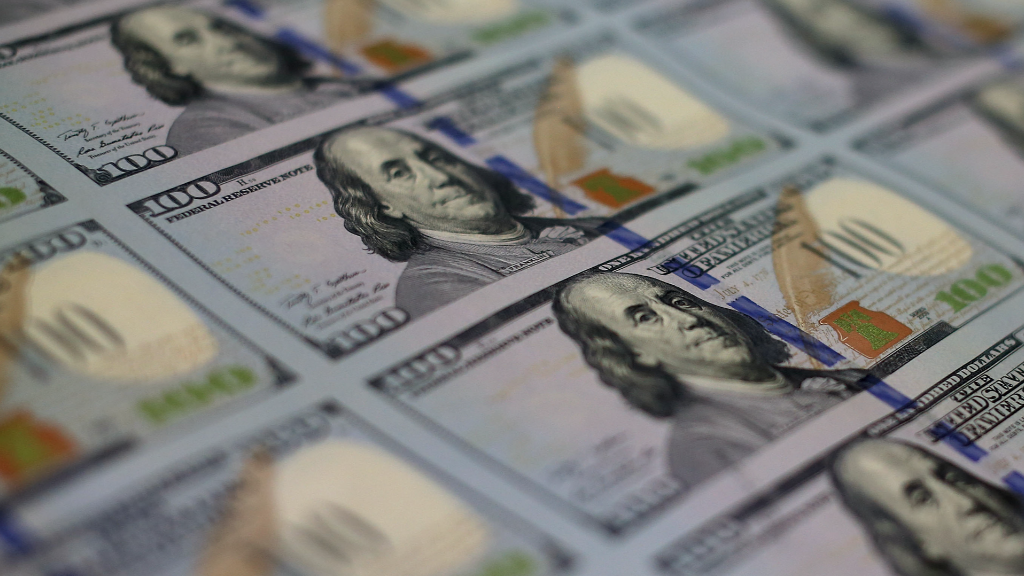
If dipping into your retirement savings to finally pay off that pesky credit card bill sounds like a good idea, you should probably think twice.
Taking a 401(k) loan can seem attractive for a few reasons: You don't have to qualify. You can get the funds quite quickly. Plus the interest rate is typically around 4% to 5%, far below the typical credit card interest rate.
Most 401(k) plans allow you to borrow 50% of your balance up to $50,000, which you then must pay back (plus interest) through automatic payroll deductions. Typically, the loan must be repaid within five years.
Nearly half of all retirement savers who had taken a 401(k) loan said they had borrowed the cash to pay down debt, according to a recent survey from retirement provider TIAA-CREF.
But there are a lot of things that can go wrong.
"The 401(k) always appears to be a pretty good place to borrow from..." said Margaret Starner, senior vice president of financial planning at Raymond James & Associates. "But it's a slippery slope."
Related: The hidden cost of retiring early
Not only are you raiding your current savings balance, but you could also miss out on possibly higher compound returns those funds could have gained over time.
Plus, like any other kind of borrowing, a 401(k) loan isn't tax free. You'll pay the loan back with after-tax dollars and then pay taxes again when you withdraw the savings in retirement.
And if you lose your job or switch to a new one, the timeframe to pay back the loan shrinks to as little as 60 days. If you're unable to repay it by that deadline, you could be hit with another tax bill and a 10% early withdrawal penalty if you're younger than 59 1/2.
#YourEconomy: Share your biggest retirement mistake
If you're still thinking of taking a loan to tackle debt, here are some things to consider.
What kind of debt is it? The only kind of debt you should even consider raiding your nest egg to pay down is extremely costly debt, such as high-interest credit card bills or a payday loan, said Bruce Cacho-Negrete, a certified financial planner who specializes in helping clients manage their debt.
That means that you wouldn't want to use retirement savings to pay down loans with lower interest rates and longer time spans, such as student loans or mortgage debt.
Do you have other options? A 401(k) loan should be a "loan of last resort," according to Cacho-Negrete. First consider your alternatives.
For example, if you have a good credit score, you might be able to pay down higher-interest credit card debt with a personal loan from a bank or credit union, said Sophia Bera, a Minneapolis-based certified financial planner.
Related: Should you drain your 401(k) to start a business?
Or if you think you'll be able to tackle the debt in the next year, consider taking advantage of a 0% balance transfer offer to transfer the debt to a different credit card and pay it off without any additional interest payments.
Do you have a plan? Your retirement savings is not a piggy bank. So if you do take a loan, you'll need a strategy to make sure you don't make it a habit, said Dan Keady, director of financial planning for TIAA-CREF.
If it was overspending that forced you to raid your savings, for example, commit to a budget to make sure you don't just run up the card all over again.
If possible, you should also try to continue contributing to your 401(k) plan up to at least your employer match, on top of paying back the loan.

